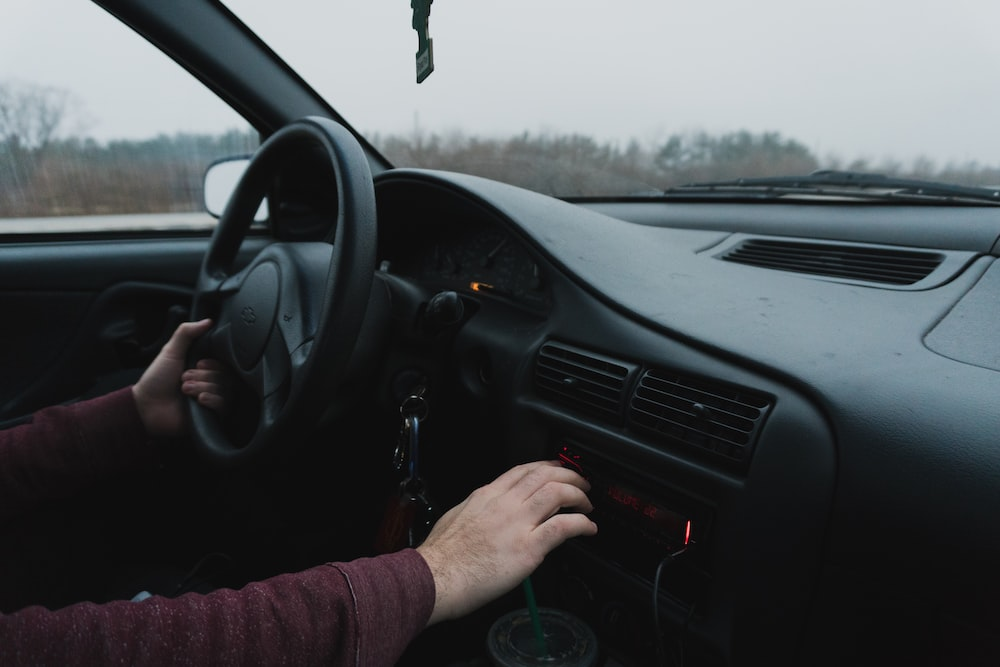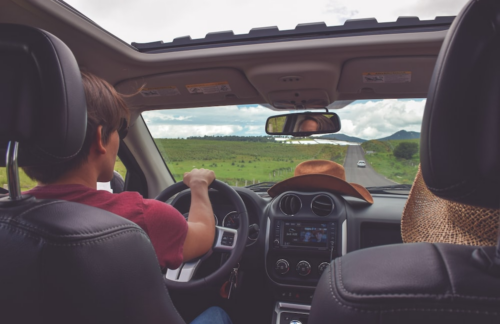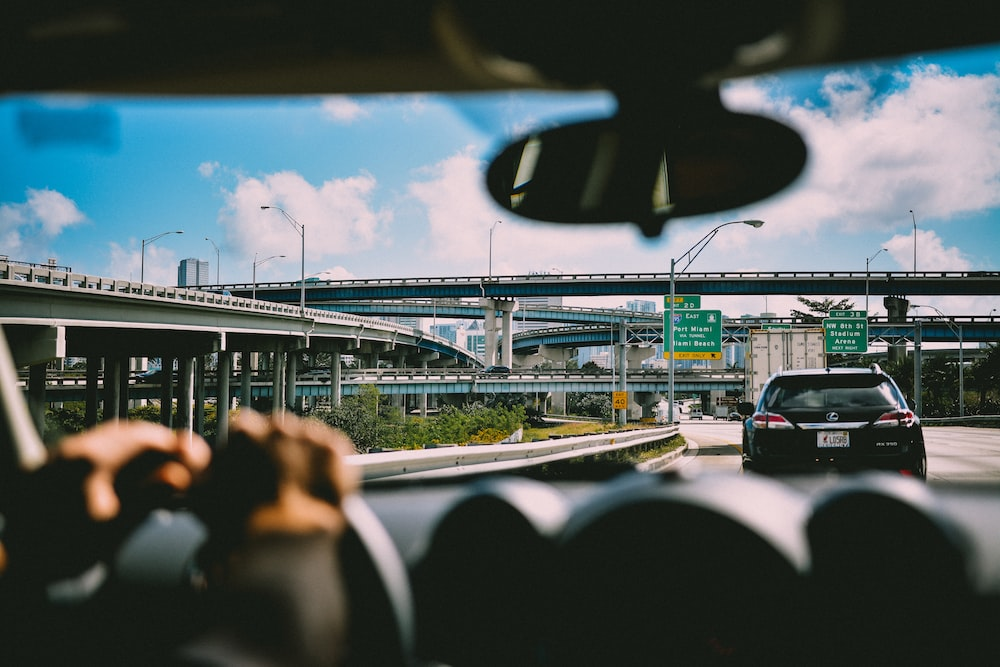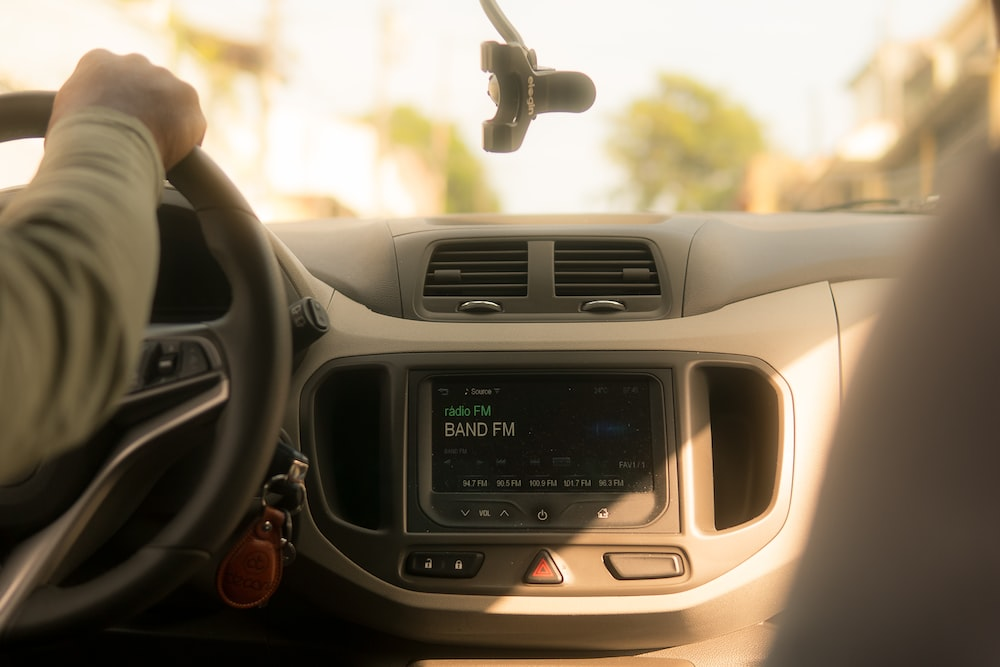A non-owner SR-22 in Oregon certificate is a document that proves your insurance policy satisfies the minimum coverage standards mandated by the state. Suppose you commit a traffic offense, such as driving without insurance or a legitimate driver’s license. In that case, you will likely have to file this form with the Oregon DMV. If you don’t own a vehicle and need high-risk insurance, you’ll file a non-owner SR-22 certificate.
On that note, let’s take a detailed look into non-owner SR-22 insurance in Oregon.
Can You Get SR-22 In Oregon If You Don’t Own A Car?
Yes, you can get an SR-22 insurance certificate even if you don’t own a vehicle. You’ll have to purchase “non-owner” SR-22 coverage to reinstate your driving privileges when you don’t own a car. Drivers with suspended licenses must attach an SR-22 certificate to a non-owner insurance policy for traffic violations or other reasons. Common reasons for SR-22 insurance in Oregon include the following:
- Drinking and driving
- Driving with a suspended license
- Reckless driving
- Multiple traffic violations within a specific time
- Legal judgments
How Does It Work?
You will need a high-risk auto insurance provider to help you with your SR-22 filing. They will write you a non-owner insurance policy, attach the SR-22 form, and file it with the Oregon DMV. Once the state processes your filing, you can reinstate your license.
Every driver who requires an SR-22 insurance filing must carry the state-mandated minimum liability coverage for property damage and bodily injury. There are variations in the minimum liability coverage criteria from state to state.
The minimum required coverage is the same whether or not you own a car and regardless of your driving status. Drivers need to maintain their SR-22 insurance filing for three years in most cases. However, some circumstances may warrant an extended time. During this time, if you cancel your insurance policy or let it lapse, the state will suspend your license. And that means having to file the SR-22 insurance certificate form again and start the clock over.
Who Should Get Non-Owner SR-22 Insurance in Oregon?
Non-owner automobile insurance is beneficial for the following motorists:
1. Drivers Who Want To Reinstate Their License
Losing your driving privileges is a possible consequence of committing any traffic offense. You must provide the state with proof of insurance coverage to reinstate your driver’s license. Oregon drivers who don’t own a car pay less for SR-22 insurance than drivers who own a vehicle.
2. Policyholders Who Want To Avoid a Coverage Gap
Say you decide to sell your car and don’t plan to replace it for a while. Changing to non-owner auto insurance or non-owner SR-22 in Oregon coverage shows you’ve had continuous liability insurance coverage. Avoiding a coverage gap can save you money if or when you require an auto insurance policy again.
3. Non-Owners Who Want Extra Coverage When Driving A Borrowed Car
When you don’t own a car but occasionally borrow someone else’s vehicle, investing in non-owner auto insurance coverage is wise. A vehicle owner’s insurance covers you in case of an accident. But having secondary insurance helps you avoid the expense of unexpected claims that exceed a vehicle owner’s coverage.
How Much Does It Cost?
Oregon mandates that all drivers carry minimum liability insurance coverage:
- Uninsured motorist coverage: $25,000 per person & $50,000 per accident
- Personal injury protection: $15,000
- Bodily injury liability: $25,000 per person & $50,000 per accident
- Property damage liability: $20,000
Non-owner and non-owner SR-22 insurance policies cost less than auto insurance policies. But the premiums can vary based on a variety of factors. If you need a non-owner SR-22 insurance certificate because of a DUI conviction, understand that it may result in higher premiums.

Are you looking for non-owner SR-22 insurance in Oregon? UltraCar Insurance is an established provider of affordable SR-22 insurance for car owners and non-owners, and non-owner DUI insurance Oregon. Contact us today about your high-risk insurance needs!



